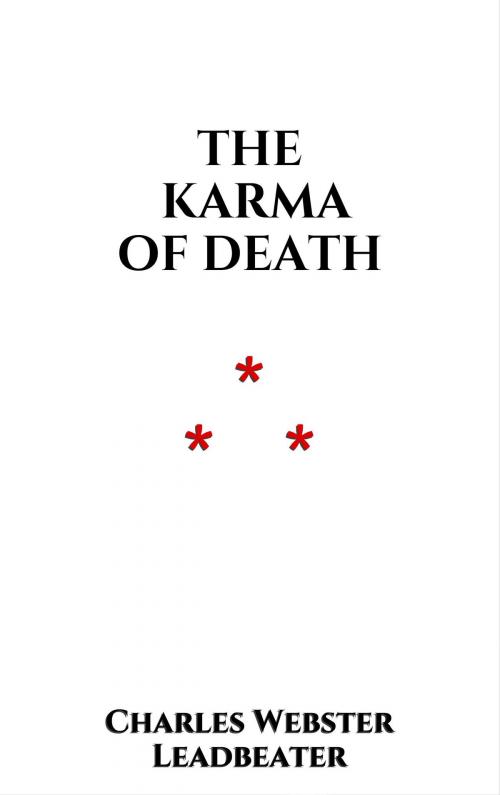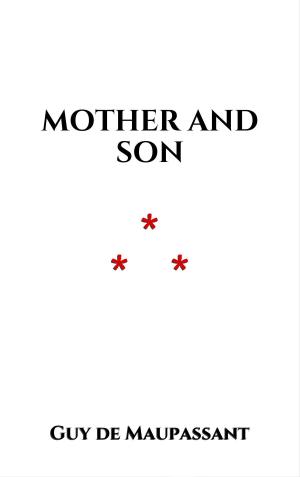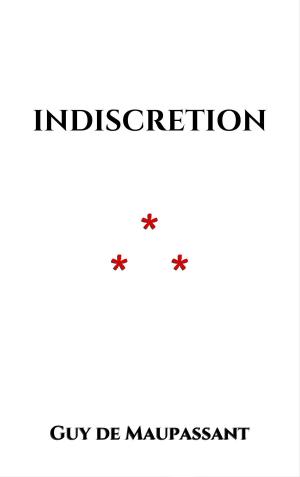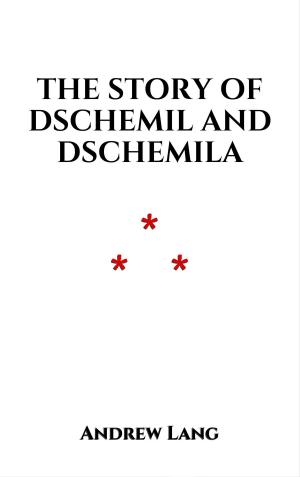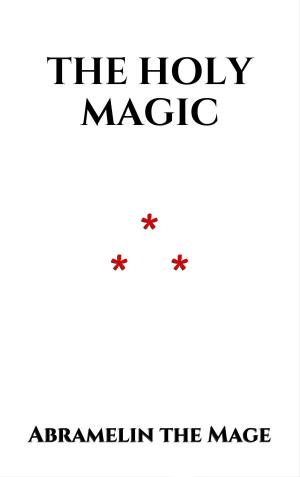| Author: | Charles Webster Leadbeater | ISBN: | 1230000387521 |
| Publisher: | Edition du Phoenix d'Or | Publication: | April 25, 2015 |
| Imprint: | Language: | English |
| Author: | Charles Webster Leadbeater |
| ISBN: | 1230000387521 |
| Publisher: | Edition du Phoenix d'Or |
| Publication: | April 25, 2015 |
| Imprint: | |
| Language: | English |
It is by no means certain that in the majority of cases a time for death is definitely appointed by the Lords of Karma at all. The whole arrangement is far more elastic and adaptable than most students suppose. The clue to its comprehension lies in never forgetting that there are three great types of karma, which the Indians call sanchita, prarabdha and kriyamana...
Charles Webster Leadbeater was an influential member of the Theosophical Society, author on occult subjects and co-initiator with J. I. Wedgwood of the Liberal Catholic Church.
Originally a priest of the Church of England, his interest inspiritualism caused him to end his affiliation with Anglicanism in favour of the Theosophical Society, where he became an associate of Annie Besant. He became a high-ranking officer of the society, but resigned in 1906 amid a scandal. Accusations of his detractors were never proven and, with Besant's assistance, he was readmitted a few years later.
It is by no means certain that in the majority of cases a time for death is definitely appointed by the Lords of Karma at all. The whole arrangement is far more elastic and adaptable than most students suppose. The clue to its comprehension lies in never forgetting that there are three great types of karma, which the Indians call sanchita, prarabdha and kriyamana...
Charles Webster Leadbeater was an influential member of the Theosophical Society, author on occult subjects and co-initiator with J. I. Wedgwood of the Liberal Catholic Church.
Originally a priest of the Church of England, his interest inspiritualism caused him to end his affiliation with Anglicanism in favour of the Theosophical Society, where he became an associate of Annie Besant. He became a high-ranking officer of the society, but resigned in 1906 amid a scandal. Accusations of his detractors were never proven and, with Besant's assistance, he was readmitted a few years later.
